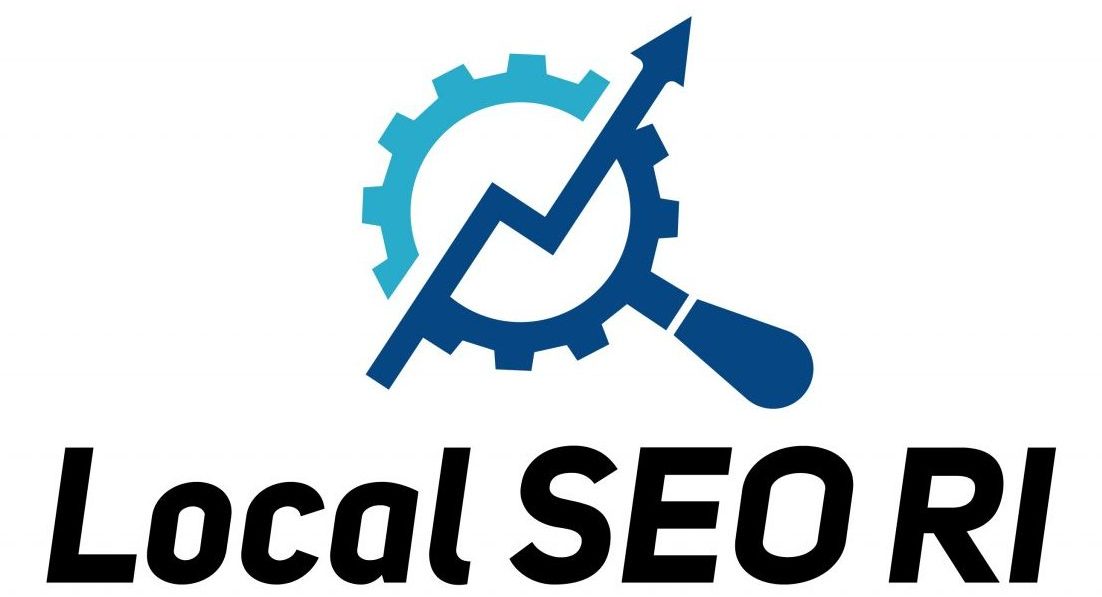What Is Content Management?
Without content, websites will be empty spaces with nothing to view or read, and worthless. Content is the backbone of any website, and that is what draws the audience and visitors to the site. Given that a website has been populated with appropriate content, the webmaster has to organize, store, and present the content in the best way possible to make it attractive, appealing, and well laid-out.
Content management is the process of collecting, organizing, and storing all components of content such as graphics, text, and multimedia clips and related tagging schemes efficiently in a repository called content management system. Content management involves several processes to meet the needs of an organization. Don’t forget to throw in some backlinks with your new content!
Some of the processes include creation, organization, editing, storage, workflow, publishing, and removal. Each of the stages requires efficiency and accuracy to guarantee the correctness of the content.
Types of Content Management System
The content management needs of an organization determine the type of content management system to be used. Here are some of the available content management systems.
- Web Content Management System (WCMS)
The system manages and delivers content to websites.
- Component Content Management
This system is also called XML Content Management (XML CMS)
The only system manages and stores content only one in a source that allows retrieval, reuse, and delivery to different platforms or formats such as ebook, PDF, web, and print formats.
- Enterprise Content Management System (ECM)
This system involves managing the content of an organization like business documents, emails, etc. within the organization.
As a webmaster, you are tasked with building an acceptable identity for your brand and creating an online presence. This requires you to develop and disseminate multimedia content online. The process involves content development creation, and content dissemination, which must all be efficiently carried out the impactful results
Benefits of Content Management to a Website
The success of content management depends on the type of content management system used. However, using a content management system provides the following benefits:
- Easy updating of content
- Enables collaboration and sharing of content
- Accessibility from anywhere
- Cost efficiency
- Security i.e., custom permission
- Enables growth

Takeaway
Irrespective of the size of your organization or website, there is a need for an effective content management system to ensure the organization and correctness of the information and easy dissemination of content.
